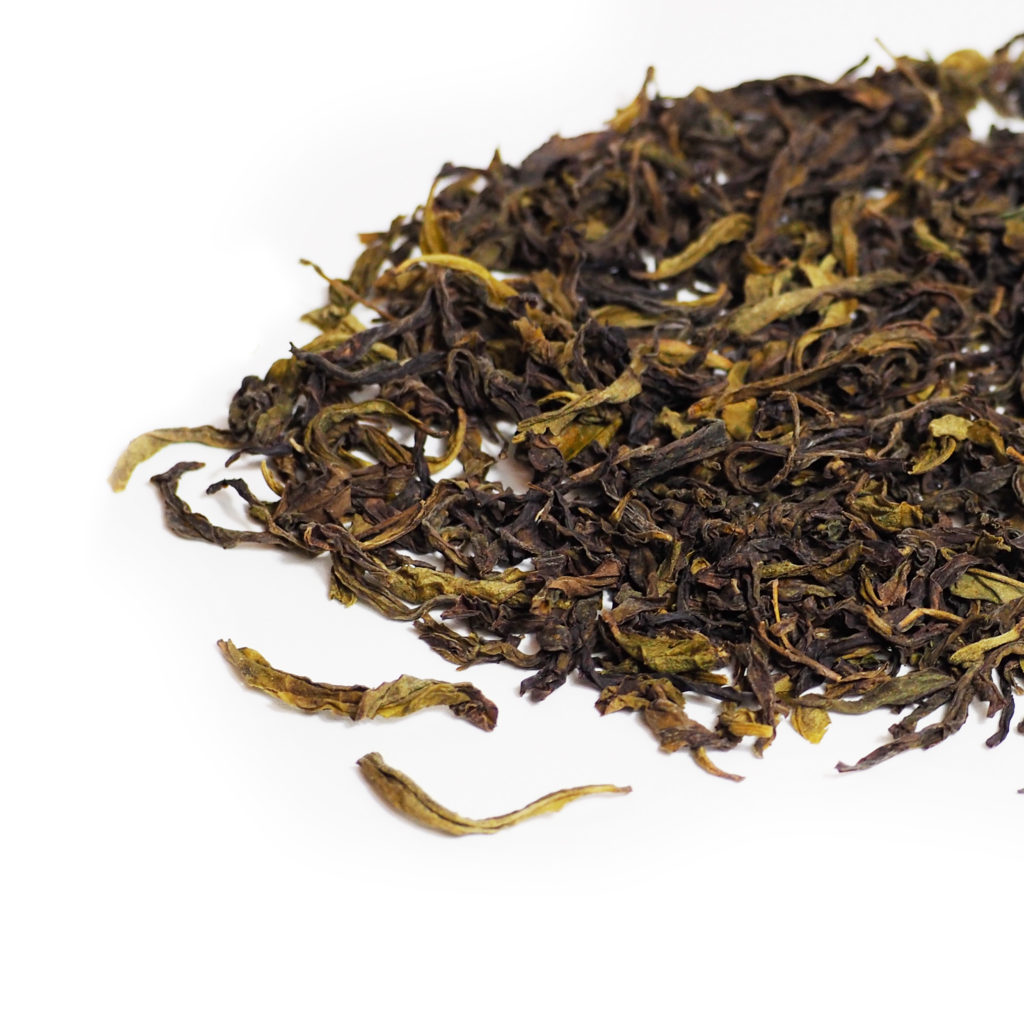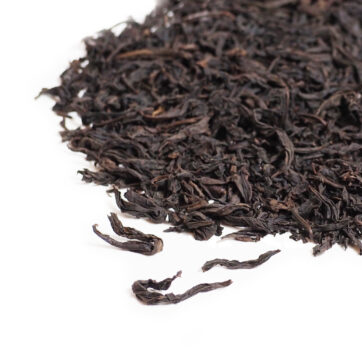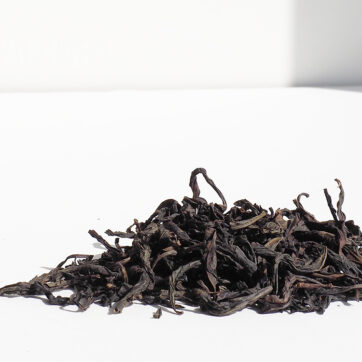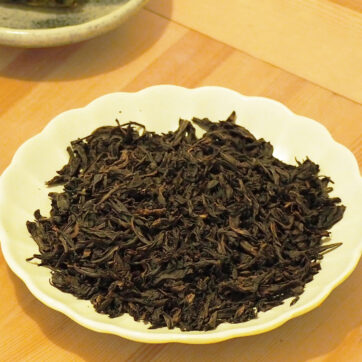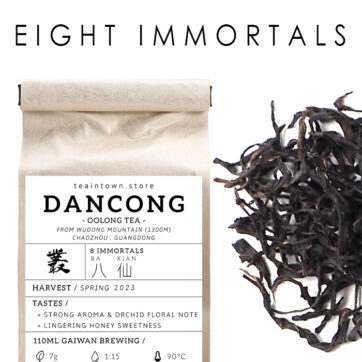Taste-test 5 famous kinds of Rock Tea from Wuyi Mountain!
Welcome to this month’s Master Tasting Collection Box #19-Wuyi Rock Rhythm (Series 1)! In this tasting box, we have curated five famous kinds of Wuyi Yan Cha, aka Wuyi Rock Tea in one box! Each of them has its own distinctive varietal characteristics and flavour profile – combining the bright aroma with rich heavy sweetness, backed up by wild rock/ mineral rhyme!
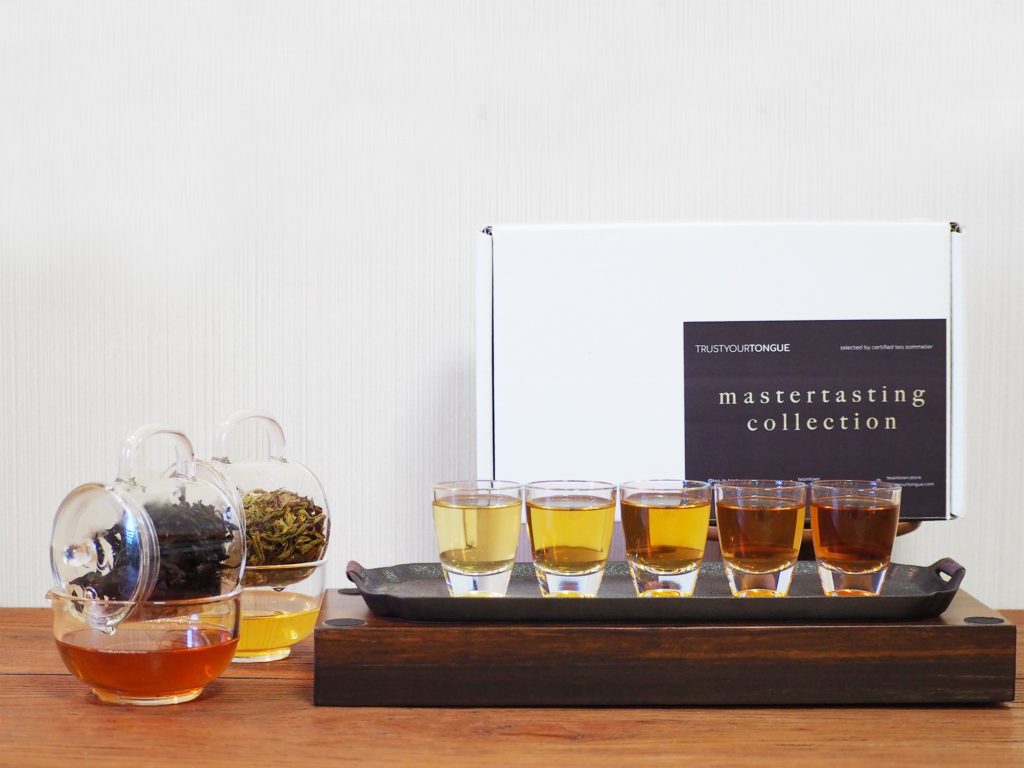
What’s included in mastertasting collection #19 ?
Five famous kinds of Wuyi Rock Oolong Tea curated
1. Wuyi Rock Tea – Da Hong Pao 2020 (16g)
Highlights of this month’s box
Taste-test five Wuyi Yan Cha, aka Wuyi Rock Oolong Tea from Wuyi Mountain, Fujian
Is all kinds of Wuyi Yan Cha heavily roasted and strong in flavor? Try both the “Strong” and “Light” version of Wuyi Rock Tea
Everyone knows about Da Hong Pao and Rou Gui – two representatives of Rock Tea. Taste and you’ll know why they are the stars of Rock Tea
Bai Ji Guan and Qi Lan is two unique kinds of Rock Tea famous of its high profile of floral notes
- Tie Luo Han, translated as “Iron Monk”, it’s like the “Rocky” among all kinds of Rock Tea! It is strong, yet soft!
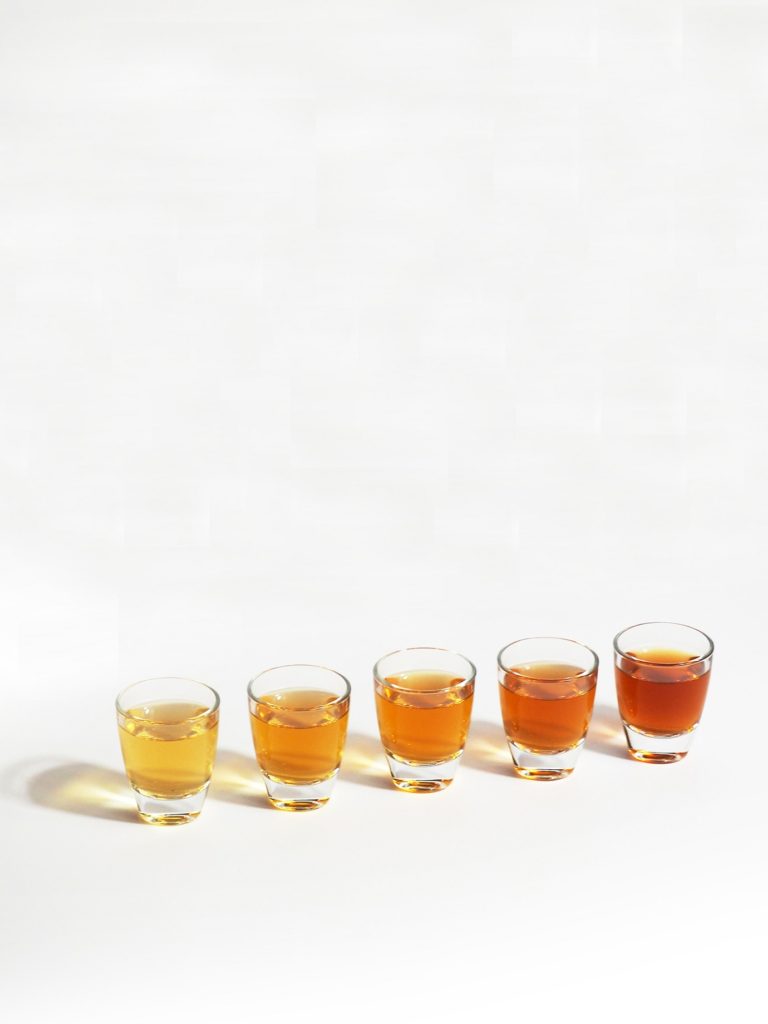
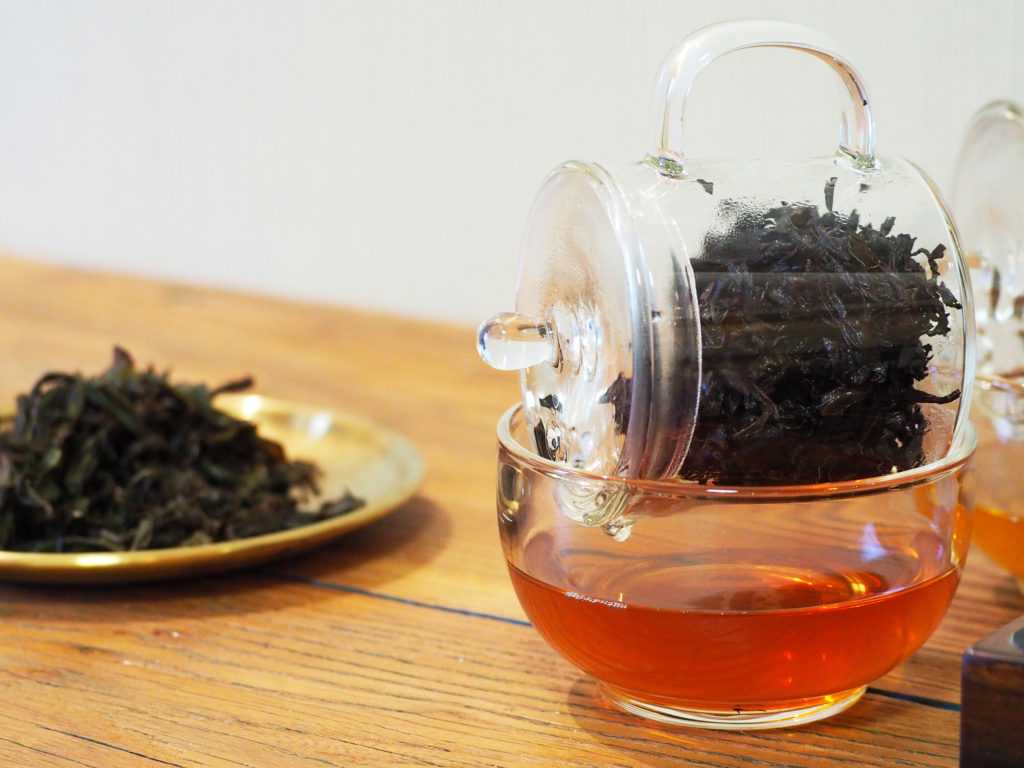
Taste-test these distinctive varietals of Wuyi Rock Tea!

Da Hong Pao (大红袍), translated as Big Red Robe, is one of the most representative Rock tea. The origin of its name comes from a legend – In Ming Dynasty, a scholar was sick when he was on the way to attend the Imperial Exam and luckily he was cured by drinking the Tea from Wuyi Mountain, he then also used this tea to cure the emperor’s illness. The emperor recovered after drinking the Tea and rewarded the scholar with a red robe (which is an honour like the trophy at that time) and asked the scholar to put the red robe on the tea tree. After that, the tea trees were named Da Hong Pao, which means Big Red Robe.
The six mother Trees of Da Hong Pao still exist on the cliff of Jiu Long Ke in Wuyi Mountain, but it is not allowed to be harvested anymore since 2007. Even though it is impossible to drink the mother tree Tea anymore, there are two kinds of Da Hong Pao commonly found in the market (1) Commodity Da Hong Pao and (2) Purebred Da Hong Pao. The Tea here is Commodity Da Hong Pao, a kind of blending Tea combining the advantage from different Tea. It is very fruity, mellow and full of rock rhyme.
Tasting Notes: fruity, floral, sweet, honey
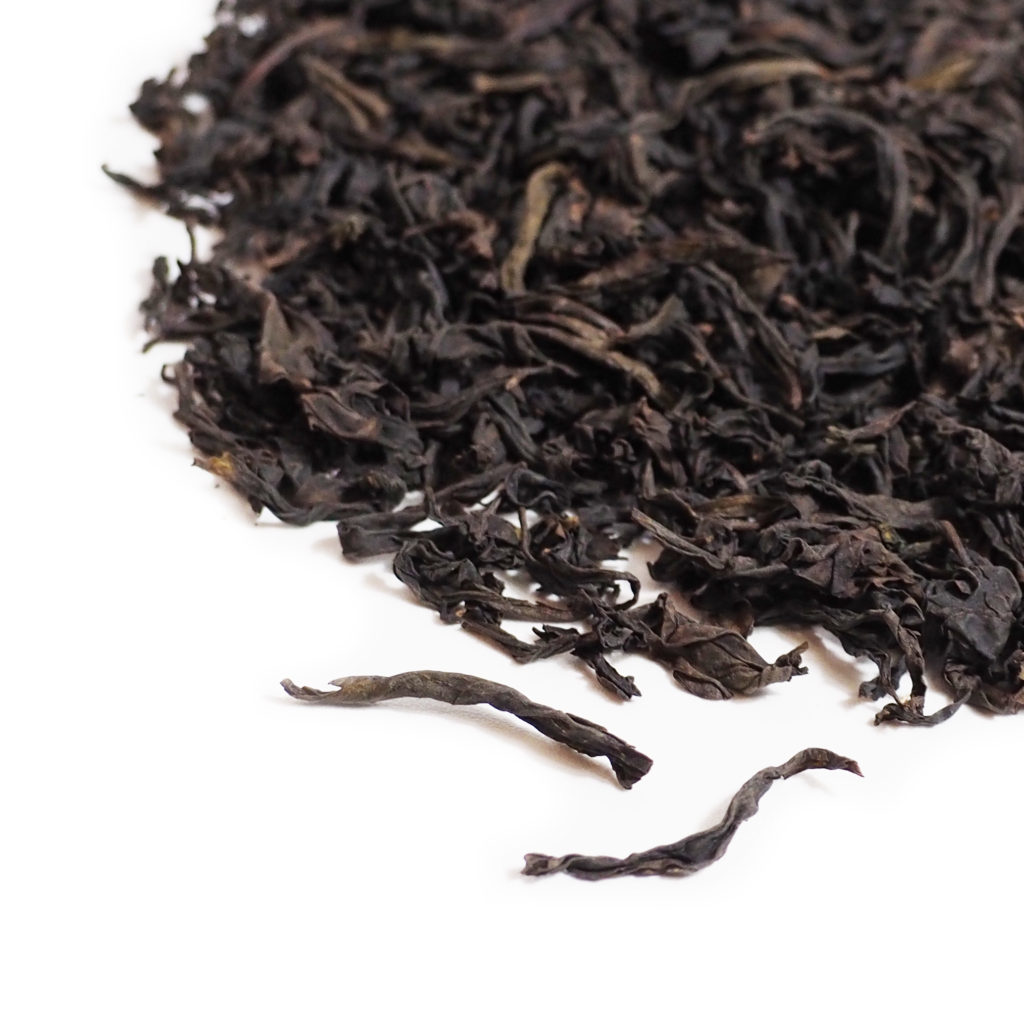 Rou Gui (肉桂), translated as “Cinnamon”, is famous of its high aroma. There is a common phrase to describe this Tea – “ No Tea is having better aroma than Rou Gui, and no Tea is soft and smooth like Shui Xian”, which indicated the signature of Rou Gui – High Aroma.
Rou Gui (肉桂), translated as “Cinnamon”, is famous of its high aroma. There is a common phrase to describe this Tea – “ No Tea is having better aroma than Rou Gui, and no Tea is soft and smooth like Shui Xian”, which indicated the signature of Rou Gui – High Aroma.
People may doubt that is it made of Cinnamon? Rou Gui actually has no relations with the plant of Cinnamon. In Fact, Rou gui is strong, sharp and spicy in taste, which is commonly related to the Gui Pi aroma, and “Gui Pi” means the Chinese Cinnamon.
This Rou Gui here is newly harvested in 2021 Spring and made into medium roast level. It is distinctive in its strong flavour and spiciness in the first few brews, and amazing fruitiness and mellowness will come afterward. The long-lasting aroma allows multiple infusions, and a woody and forest rhyme can be found in later steeps.
Tasting Notes: Strong , spicy, fruity, floral, woody, cinnamon
Bai Ji Guan (白鷄冠), one of the four famous kinds of Rock Tea varietal (Si Da Ming Cong tea). Its name translated as “White rooster” , which is based on a legend – A rooster sacrificed his life to protect its babies from an eagle. A monk buried the rooster and from that spot, the Bai Ji Guan tea bush grew.
It is a very unique and rare kind of light and elegant Rock Tea. Unlike most of the Wuyi Rock Tea, the fresh leaves on the tea bush is small and yellow in colour, and the dry leaves is yellowish to light green/brown rather than dark brown. The plant is very sensitive to temperature, its leaves turns yellow under persistent sunshine. The flavour is also quite different from the other Rock Tea. This lightly roasted Bai Ji Guan is high in mixed floral notes, similar to cape Jasmine, orchid and Magnolia. It is also distinctive in its herbal medicine notes with mild creamy undertone. We found some similarities between this Tea and the Dan Cong and Tie Guan Yin Oolong Tea, both with high floral notes, but this one is having more forest and rock rhyme in it.
Tasting Notes: Light charcoal, mixed floral, mild herbal
 Tie Luo Han (鐵羅漢), one of the four famous kinds of Rock Tea varietal (Si Da Ming Cong Tea), together with Da Hong Pao, Bai Ji Guan and Shui Jin Gui. Its name translated as “Iron Monk” – which usually refers to a Monk with strong and muscular bronze body in Chinese Story. As of its name, it is a very strong kind of Rock Tea with apparent Rock rhyme.
Tie Luo Han (鐵羅漢), one of the four famous kinds of Rock Tea varietal (Si Da Ming Cong Tea), together with Da Hong Pao, Bai Ji Guan and Shui Jin Gui. Its name translated as “Iron Monk” – which usually refers to a Monk with strong and muscular bronze body in Chinese Story. As of its name, it is a very strong kind of Rock Tea with apparent Rock rhyme.
The origin of Tie Luo Han is from Inner Ghost Cave of Wuyi Mountain. It was first recorded since Song Dynasty, which is even earlier than Da Hong Pao. Even though “Strong flavor” is the very first impression of Tie Luo Han, it also has its soft side. It comes with high charcoal, spicy, woody and fruity notes at first, then you will find notes similar to Chinese herbal medicine and undertones of Osmanthus and Orchid aftertaste. Tie Luo Han is also very suitable for aging. The aged Tie Luo Han will become soft and rich in mouthfeel, with apparent woody and Chinese medicine notes, layered rock rhyme and mineral notes. The aged Tie Luo Han is especially popular in Southeast Asia, it is considered to be a good treat to beat the hot and wet weather.
Tasting Notes: strong charcoal, herbal medicine, floral, fruity, woody, spicy
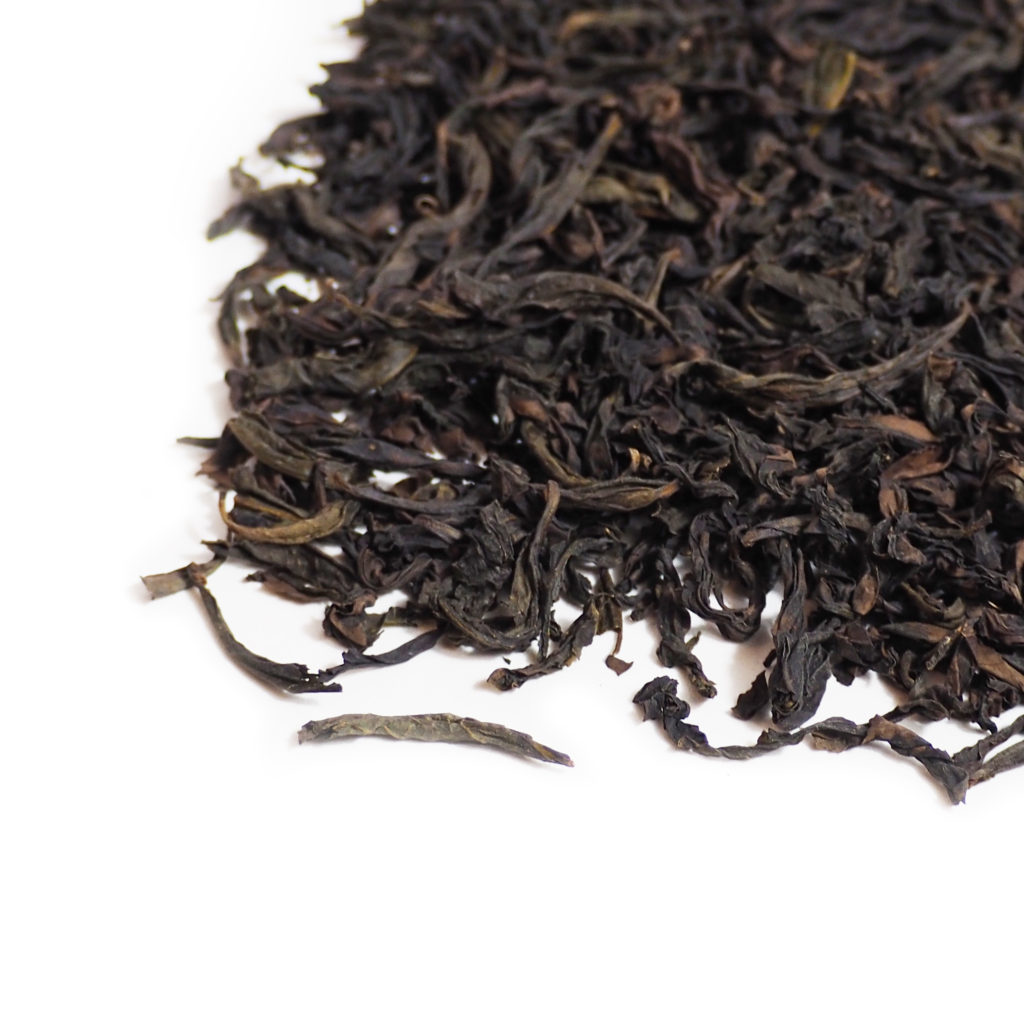 Qi Lan (奇蘭) is a special kind of Rock Tea. Instead of being strong like Rou Gui and Tie Luo Han, it is relatively light, soft and sweet. The characteristics of Qi Lan is quite straightforward – high aroma and full of elegant orchid notes. This Qi Lan is from Xing Cun Zhen of Wuyi Mountian, it is lightly roasted, resulting in high floral notes and lingering in sweetness.
Qi Lan (奇蘭) is a special kind of Rock Tea. Instead of being strong like Rou Gui and Tie Luo Han, it is relatively light, soft and sweet. The characteristics of Qi Lan is quite straightforward – high aroma and full of elegant orchid notes. This Qi Lan is from Xing Cun Zhen of Wuyi Mountian, it is lightly roasted, resulting in high floral notes and lingering in sweetness.
The origin of Wuyi Qi Lan is the Qi Lan varietal from Southern Fujian (Min Nan Region). It is invented to Wuyi Mountain of Northern Fujian (Min Bei Region) in the 1990s. It started to be widely grown in Wuyi regions by then. With the unique making technique of Wuyi Rock Tea, it becomes a unique kinds of Rock Tea having both characteristics of Oolong Tea from Northern Fujian and Southern Fujian. It has high floral notes and sweetness which is similar to Bai Ya Qi Lan in southern Fujian. It also has apparent rock rhyme specially found in Wuyi Rock Tea.
Tasting Notes: Light charcoal, soft, floral, orchid, sweet
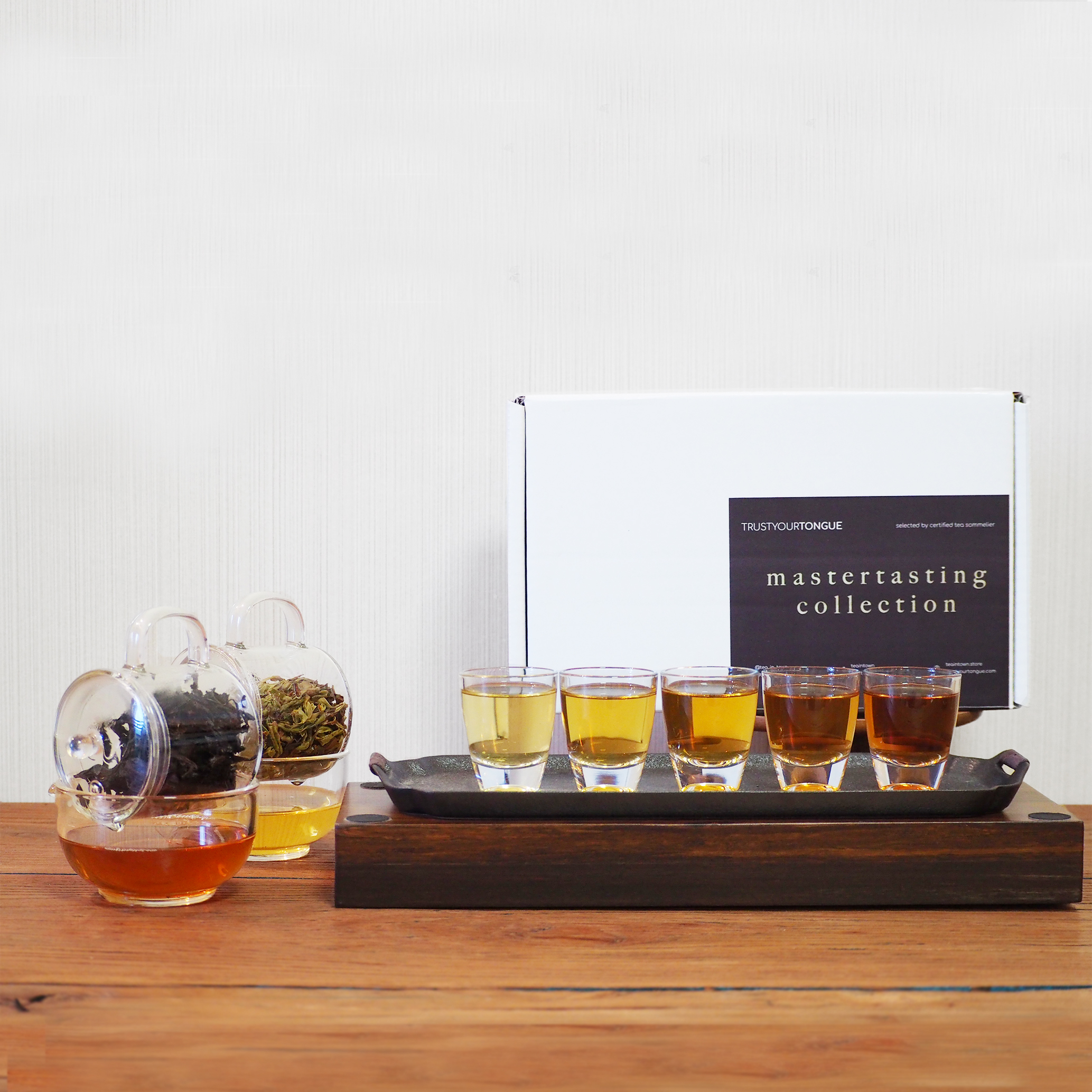
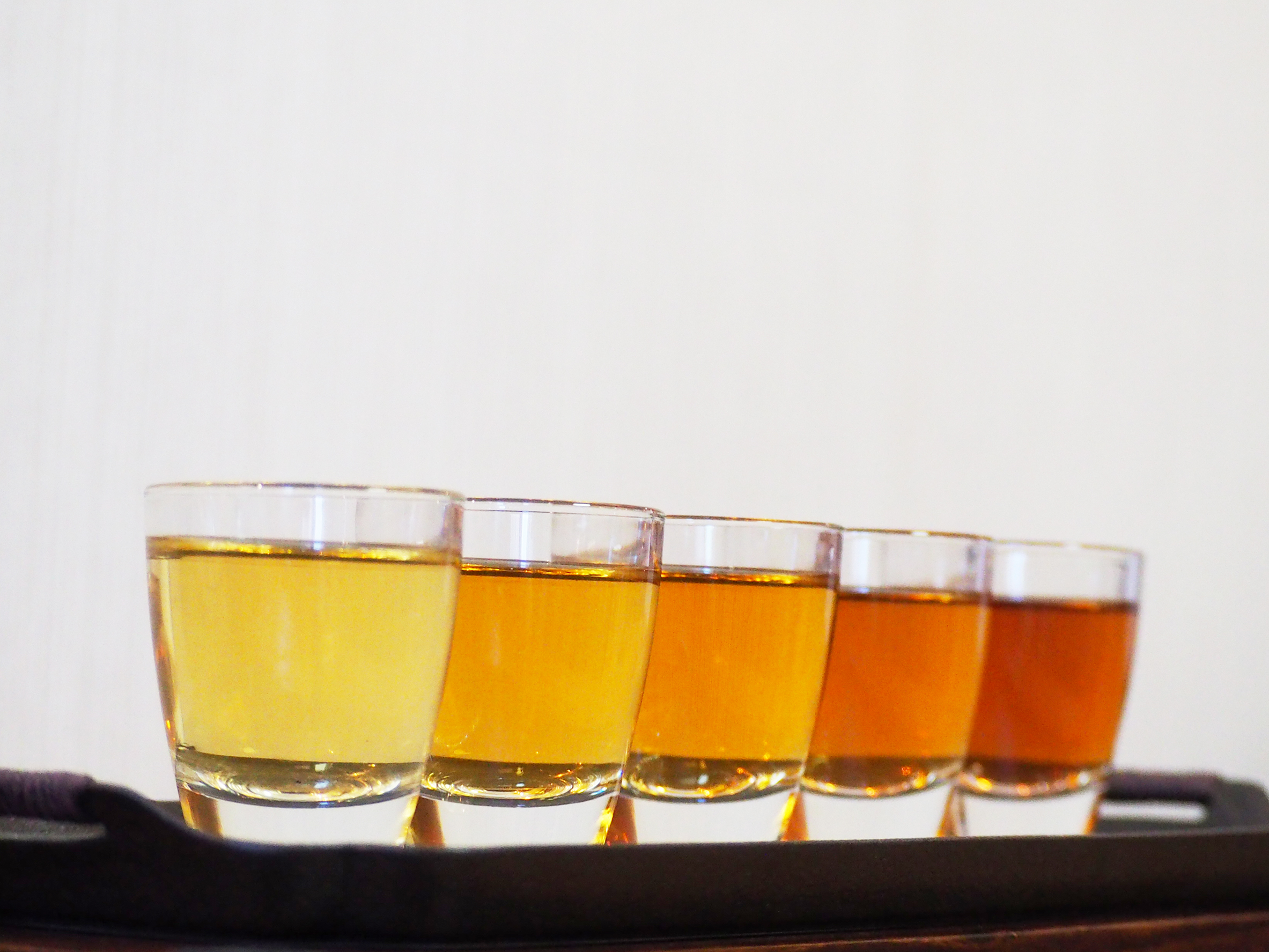
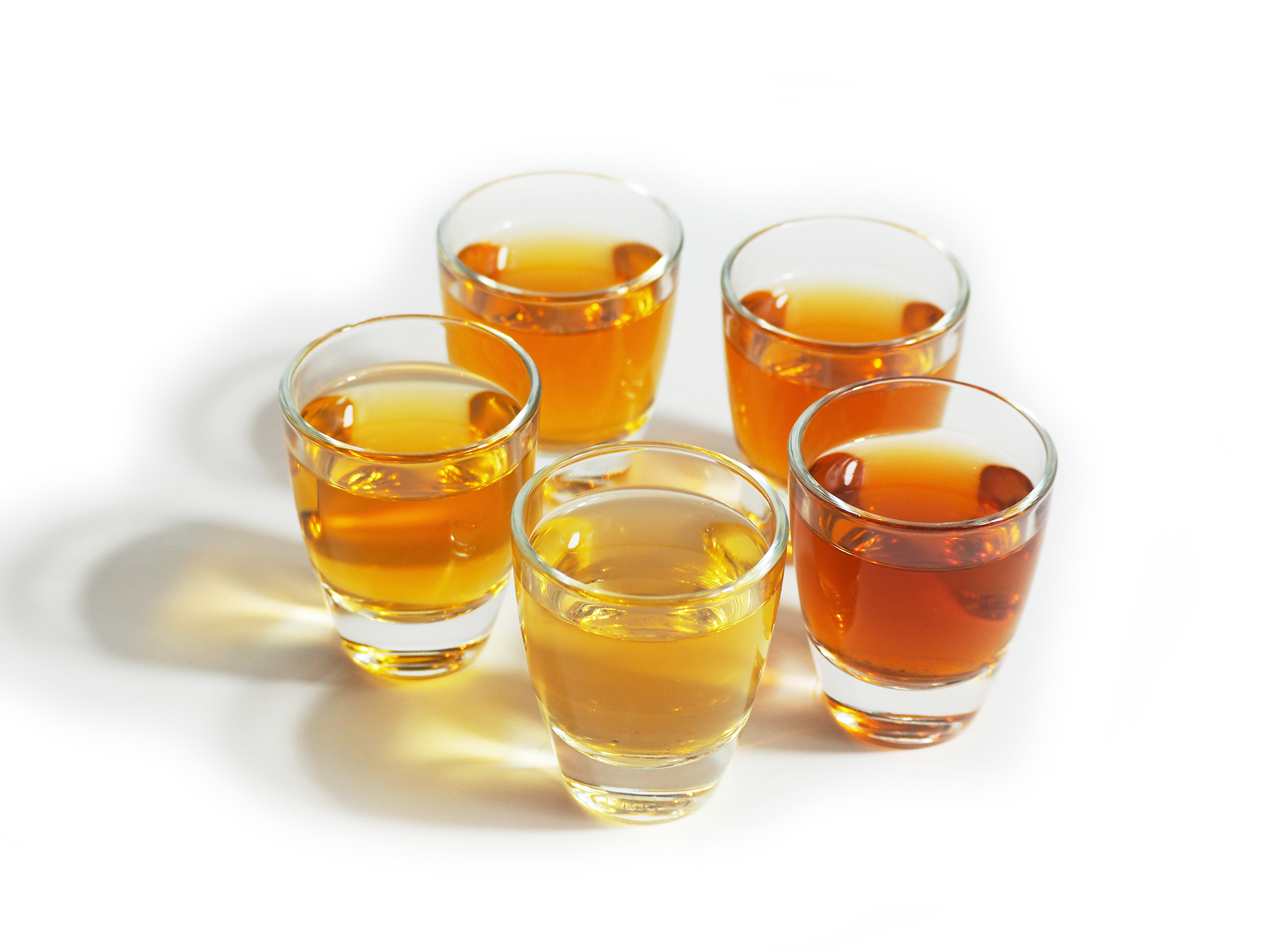
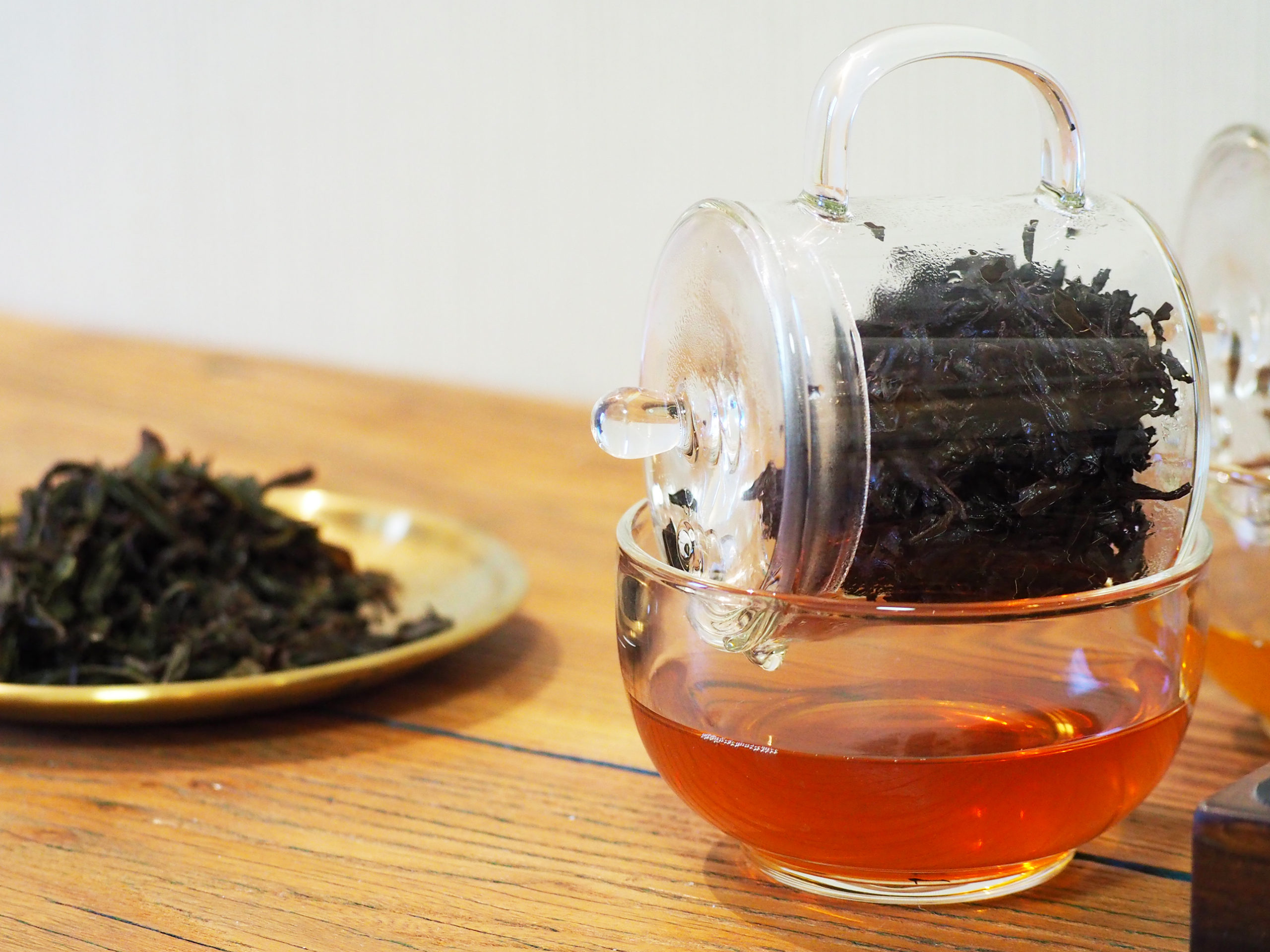
 If you purchase this product you will earn
If you purchase this product you will earn 
